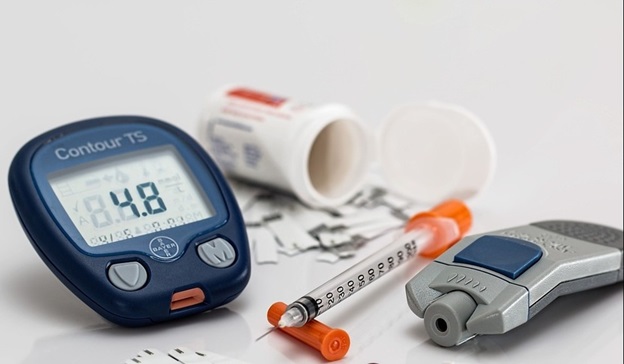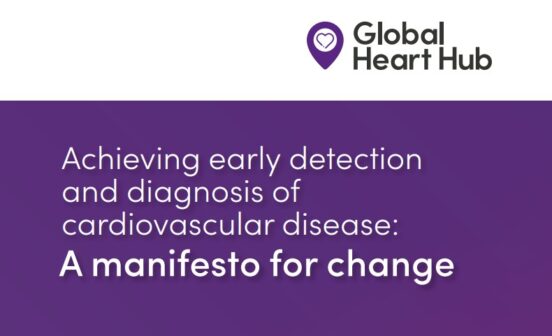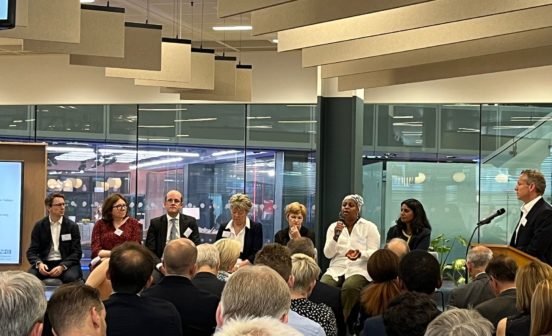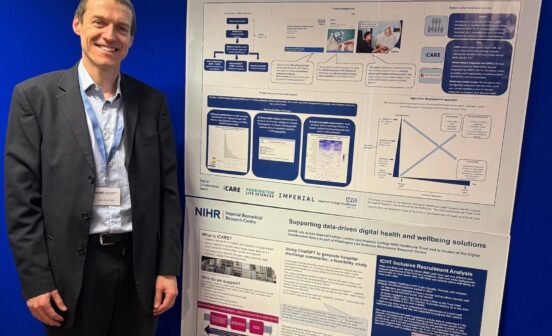Prevention Type 2 diabetes can be predicted 10 years ahead using AI

An artificial intelligence (AI) tool that analyses ECG readings during routine heart scans could identify people at risk of type 2 diabetes as much as ten years before they begin to develop the condition.
Researchers at Imperial College London and Imperial College Healthcare NHS Trust, including a number of BRC-associated researchers, believe the innovative technology could allow for early interventions, helping people take steps to reduce their risk of developing type 2 diabetes in future.
Around 5.6 million people in the UK are living with diabetes, and it is thought up to 1.2 million of those have the condition and are yet to be diagnosed. Type 2 diabetes and ‘prediabetes’ are diagnosed using a blood test. Early detection is vital in reducing the risk of type 2 diabetes and its associated complications, which can include problems with the heart, eyes and feet.
The research, funded by the British Heart Foundation (BHF), was presented last week at the American Heart Association’s (AHA) Scientific Sessions 2024, in Chicago.
Clearer picture of risk
The team, led by Dr Fu Siong Ng, a consultant cardiologist, and Dr Arunashis Sau, a cardiology specialist registrar at Imperial College Healthcare NHS Trust, developed the AI-ECG Risk Estimation for Diabetes Mellitus (AIRE-DM) tool, using around 1.2 million ECGs from hospital records.
Using data from the UK Biobank, they then validated the AI’s ability to detect subtle changes in routine ECGs that could signify that someone might be at higher risk of type 2 diabetes, years before their blood sugar levels begin to rise.
AIRE-DM accurately predicted future risk in people of various ages, genders, ethnicities and socioeconomic backgrounds about 70% of the time. The researchers suggest it could help spot people who might otherwise not have been identified as likely to develop the condition.
Dr Libor Pastika, clinical research training fellow at Imperial College London, who was also awarded the early career investigator award at the AHA, said: “AI holds enormous potential to transform care that could lead to substantial improvements in health. By using AI to unlock insights hidden within ECG data, AIRE-DM could be revolutionary in identifying future risks of type 2 diabetes early on. By offering a cheap, accessible, non-invasive way to predict type 2 diabetes risk early, AIRE-DM could open up a new window of opportunity for more targeted, preventative care. Supporting people early on to make simple lifestyle changes could help more people avoid type 2 diabetes, and its associated complications.”
When the team incorporated the AI predictions with genetic and clinical information, such as age and blood pressure, it improved the accuracy even further, providing an even clearer picture of risk.
The AI will be piloted next year and the researchers hope it can be rolled out in the NHS in the next few years.
An opportunity to intervene
Professor Bryan Williams, BHF’s chief scientific and medical officer, said: “This exciting research uses powerful artificial intelligence to analyse ECGs, revealing how AI can spot things that cannot usually be observed in routinely collected health data. This kind of insight could be a game-changer in predicting the future risk of developing type 2 diabetes, years before the condition begins.
“Type 2 diabetes is a rapidly growing health challenge that increases the risk of developing heart disease, however with the right support, it is possible for people to reduce their risk of developing the condition. We look forward to seeing how this technology could be incorporated into clinical practice, providing an opportunity to intervene early to help reduce risk and even prevent type 2 diabetes and its associated complications, altogether.”





